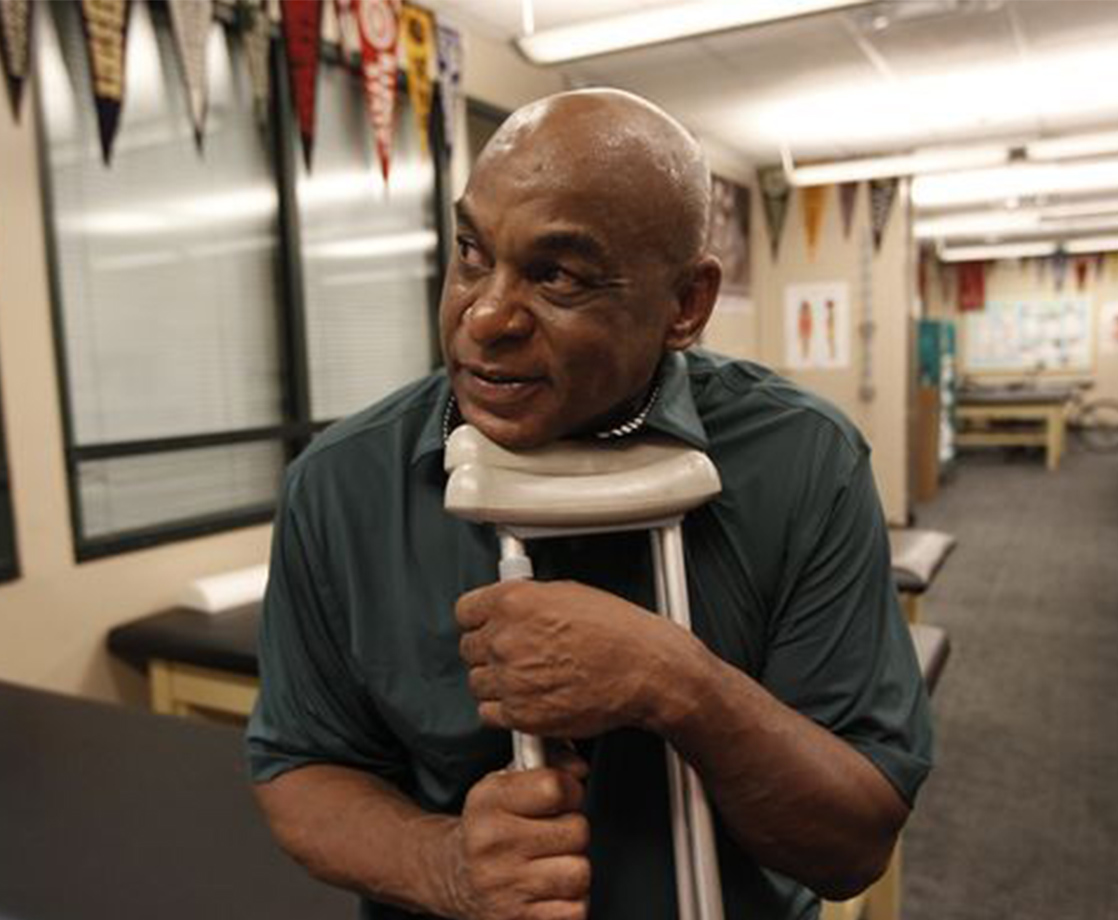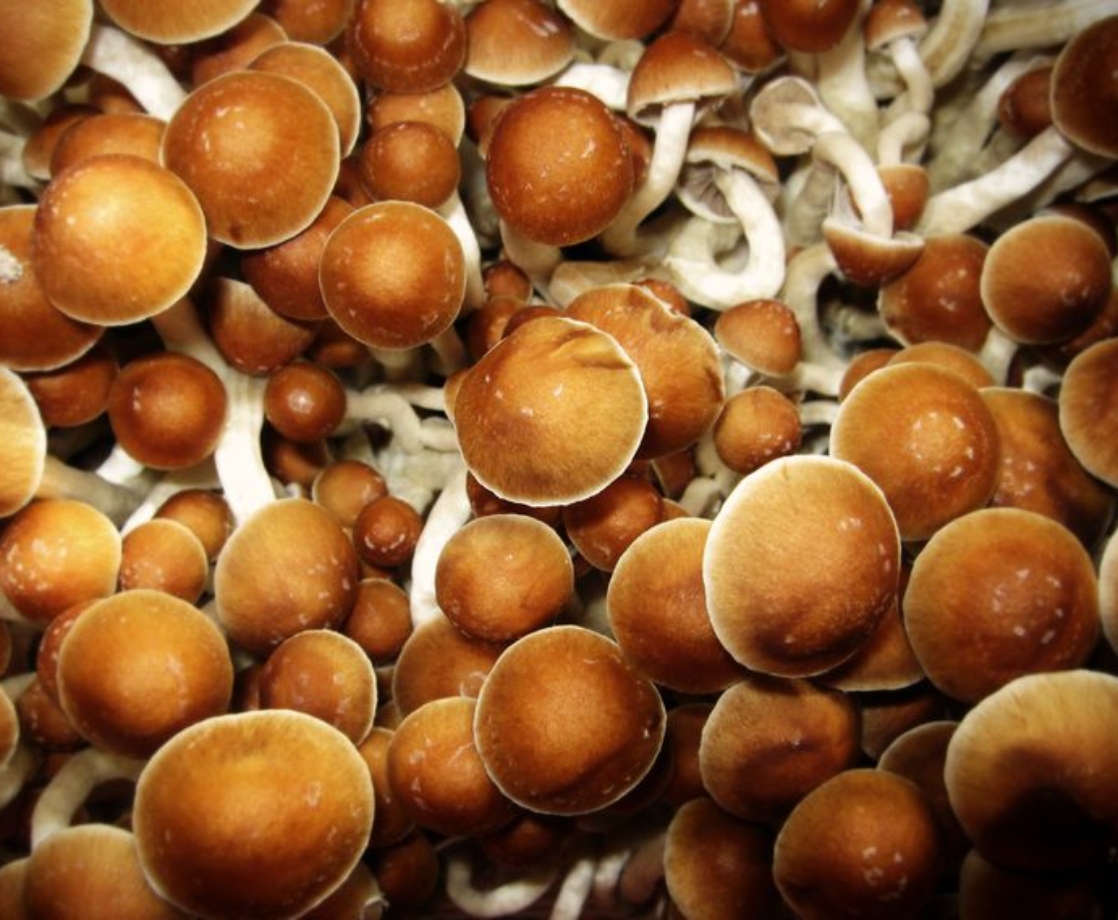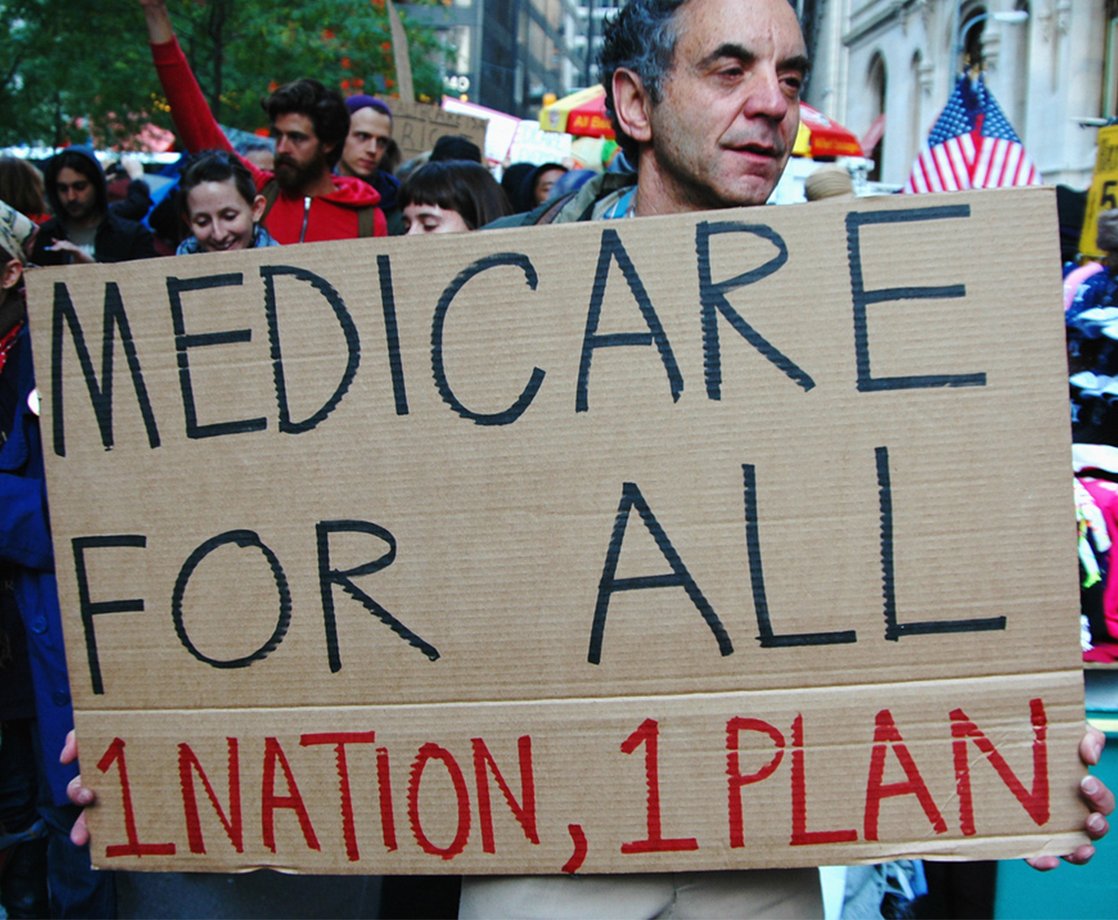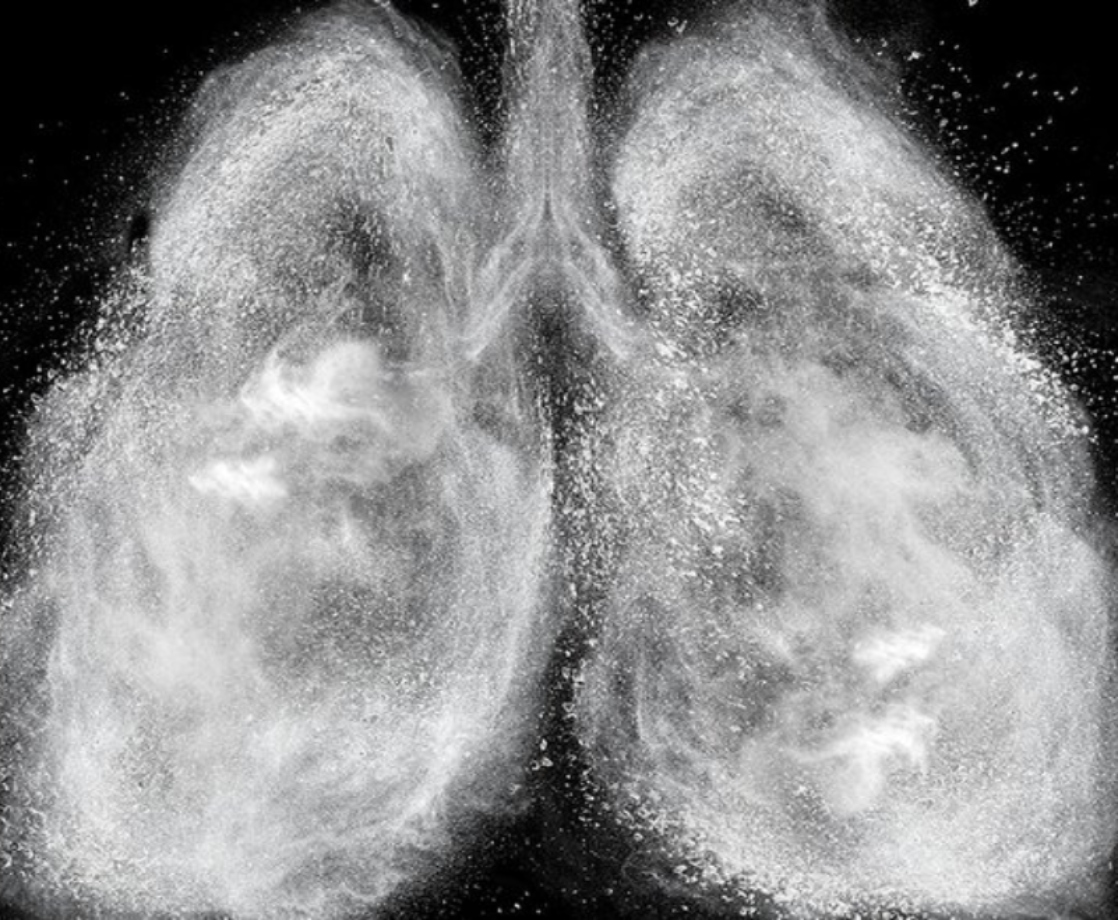Reggie Williams doesn't back down. From humble beginnings in Flint, Michigan to studying at Dartmouth University, to a decade and a half as a hard-hitting linebacker for the NFL's Cincinnati Bengals from 1976-1989, nothing has been able to topple him. Even after 24 surgeries on his now-unrecognizable right knee, Williams is still standing. In his anatomical battle, the athlete and ex-Cincinnati City Councilman largely credits California-based cannabis company Pure Ratios and their pain relieving CBD topical patches for getting him out of near-permanent bed rest and back to the energized, mobile life he loves living.
Now, with more data coming out daily about the dangers of full contact football and the long-term effects of repeated concussions, chronic traumatic encephalopathy (CTE), and head trauma, Williams has joined the host of former and current players calling attention to the immense benefits of medical marijuana. The 1987 Sports Illustrated Sportsman of the Year has teamed up with Pure Ratios to travel the country and speak out in favor of reforming the NFL's drug policy and advancing medical marijuana research.
To get that message out and preach the extended benefits of marijuana for athletes, Williams, now 62, spent last weekend at the Bay Area stop of the 420 Games, a traveling event featuring a 4.20 mile run/walk/bike and general celebration of a marijuana-fueled version of healthy living.
MERRY JANE caught up with Williams last week while he was visiting San Francisco for the first time since losing two Super Bowl titles to Joe Montana and the hometown 49ers. On top of visiting local dispensaries, joining the 420 Games, and checking out the Redwood forest, Williams took time to tell us about his playing days, the fight for cannabis in the NFL, the league's struggles with social justice, and more.

MERRY JANE: How were you first introduced to cannabis?
Reggie Williams: My first introduction to cannabis was in high school, when the older kids from the neighborhood were returning from Vietnam. They were the same kids who taught us how to play baseball and basketball. They were drafted out of high school and went to Vietnam and came back dramatically different, if they came back at all. And if you visited your old high school heroes, who were stars of the football team, if you wanted to hear their stories about what transpired in Vietnam, it was over joints they passed around. That was my first exposure, and I continued smoking through college, through my NFL career, and to this day.
How were you first introduced to cannabis as medicine?
I may have been using it [as medicine] incidentally during the period of time while I was smoking cannabis during my NFL career. It seems like the players who have admitted using during that very physical and violent era of the game have less frequent instances of dementia, Lou Gehrig's disease, Alzheimer's, and other issues with the brain. But it was only about a year ago after a major relapse in my knee, the same knee I've had 24 operations on, that I was exposed to all of the medicinal cannabis industry and got to see the array of products available.
The one thing that stood out for me was the Pure Ratio CBD topical patches. I can apply them directly to my knee and they work for 96 hours at a time. It made a major difference in how I was able to approach my rehab. I was able to make the progress in six months that it had previously taken me eight years to achieve. I'm off crutches and I've never felt better.
Obviously things were a little different during your playing days than they are now in the NFL. How were pain and injury handled by team doctors and coaches during your time in the league?
In those days, where there were no rules, it was the wild, wild west, baby! There were players using so many steroids that they were literally pulsing and twitching at the line of scrimmage. The whole Pittsburgh Steelers offensive line was renowned for their common use of steroids. There were certain colleges like Nebraska and Oklahoma where all the players who came to the league from there were fond of uppers. They'd come out of the locker room bathroom ready to run through a wall. There were no rules, that was before the league even had a substance abuse policy.
Do you think the league's current drug policy is fair?
It is not fair because the initial premise of why marijuana is a Schedule I drug is a false premise. It shouldn't be anywhere near the red light that it is. It's a natural medicine. We need to be able to explore scientifically the medical benefits of marijuana. Secondarily, marijuana, in my opinion, has been used to target the African-American community, in particular. It has been a social tool of unrest and oppression, in football as well as society.

Today the league is going through some controversial times, as far as concussion research and chronic traumatic encephalopathy (CTE) discoveries. Can you talk about the relationship between CBD and treating CTE?
I recently heard [CTE discoverer] Dr. Omalu speak, and I had a chance to ask him a question. I said, "I played in the NFL for 14 years, I had at least 3 concussions, and I still experience PTSD from losing in the Super Bowl twice. What do I do now?" And he basically said, "Go to a doctor, and then go some place to pray." He offered no hope. And that is contrary to the American spirit and my competitive ethos. And since then I've found Pure Ratios, and they're not only doing the patches and other products, but they've dedicated research specifically to future needs [of former athletes]. Even though there hasn't been much study as of yet, they're doing their own research into medical marijuana and CTE, and I'm a more-than-willing guinea pig.
You mentioned that you've had three concussions, but do you think you've had concussions that went undiagnosed?
The concussions that I count are the ones that left me down for the count. So the ones that I was able to get up from, I wouldn't call those concussions, even though there might have been a spinning football field or echoes in my hearing. In the normal course of practice and games, I probably had dozens.
Eugene Monroe, a fellow ex-player turned cannabis advocate has said he supports CBD use in youth football. Do you think starting medical marijuana at a young age could help youth football players down the road?
I think it's important to study more. Right now they're giving kids very high doses of pain medication when they get hurt, and there are already a number of kids being prescribed medical cannabis for things like seizures. But I think the bigger question isn't so much bringing CBD to pop warner, but more what is the right age that kids should start playing football? I didn't start playing contact football until the 10th grade. I would not advocate that kids start playing full contact much before then.

The NFL front office recently reached out to the Players' Association to collaborate on medical marijuana research for the league. Do you think the union and NFL powers will be able to get over previous hang-ups and make real changes about cannabis use in the next collaborative bargaining meetings in 2020?
I expect them to be changed by then. As of now, my goal is to push the envelope, because players are suffering now. Every year we hear about players committing suicide. Players retire with PTSD. The worst thing that the NFL has to deal with is the probable physical consequences of play, and if there are solutions to alleviate that pain we need to start exploring now if things like medical cannabis are a comparable solution to Toradol and the opioids that the NFL is just giving away right now. If that happens, then I think the league has a chance, perhaps, for salvation.
That's not an encouraging picture…
No, it's not an encouraging picture, especially of a game I love. It's tragic, but I compare it to what I saw during my studies abroad to Mexico and Spain during my college years in the 1970s, when the culture in those two countries revolved around bullfighting. Now, bullfighting is considered an archaic, cruel animal sport. Unless you address the worst aspects, in this case the slaughter of bulls, it can't change. Bullfighting never did. The NFL needs to address its worst aspect, the slaughter of the mostly young black players.
You're back in San Francisco for the first time since vowing to leave the city for life after two Super Bowl losses. Does it ease the pain a little knowing the 49s have moved out of the city to Santa Clara and you can also walk into a store and buy weed?
In the 14 years I played in the NFL, I never once beat San Francisco. But I've been visiting dispensaries here for the very first time during this trip and it is so… liberating. I've been to eight so far and you see the whole width and breadth of Americana. And international travelers of every color — not only in terms of skin, but color of hair — walk through the door. The one common denominator I saw is that everyone leaves happy. It's been a very positive, eye-opening trip. People get along in the dispensaries. At other places, like at the DMV, no one likes standing in line. Here, people like standing in line!

From being essentially bedridden to traveling the country in the name of cannabis and exercise is amazing. Can you tell me more about the 420 Games and how you got involved?
I heard about the vision that founder Jim McAlpine had for the 420 Games, which was to bring a spotlight to the mostly active, physically fit users of cannabis. They run, they exercise, they maintain a proper diet, they do yoga, they lift weights, they take care of their brain. And the 420 Games is a celebration of that aspect of a healthy cannabis lifestyle. I've had a great opportunity to speak on behalf of the games.
For more on the 420 Games, visit the organization's website here
Follow Zach Harris on Twitter











